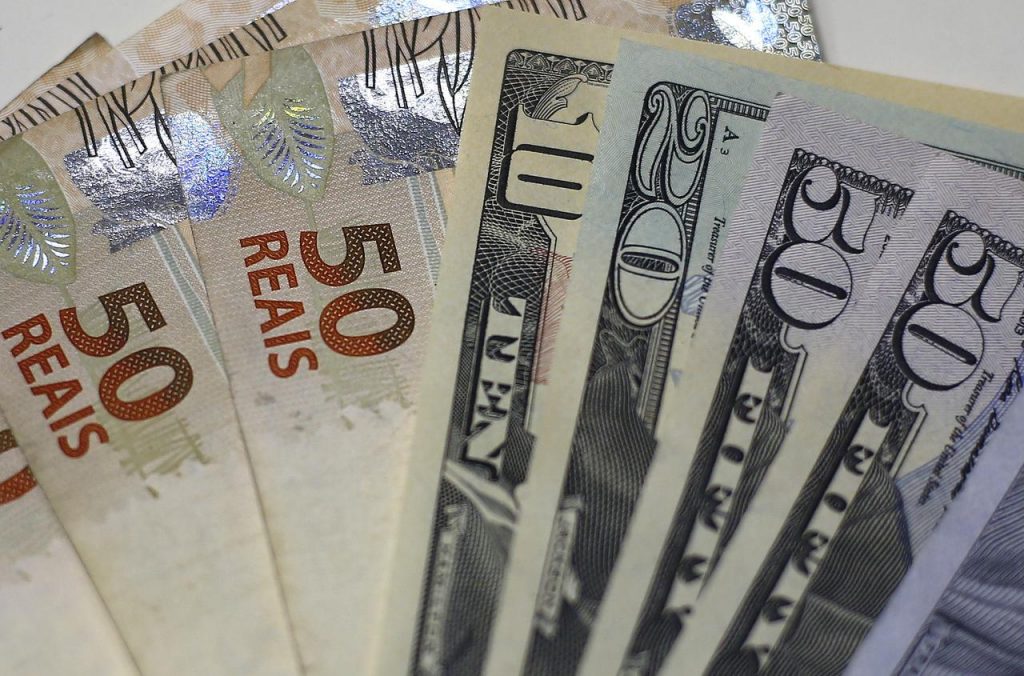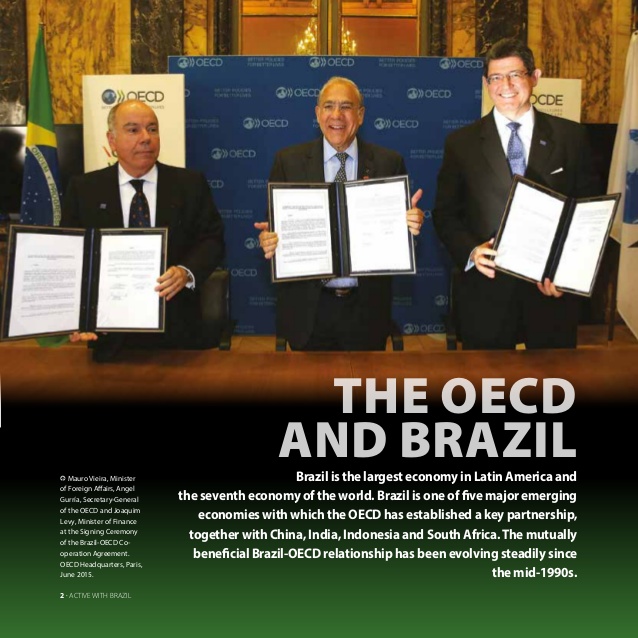RIO DE JANEIRO, BRAZIL – Economy Minister Paulo Guedes, said on Monday, November 25th, that he was not concerned about the dollar exceeding R$4.20 and that the level of the currency should remain unchanged: “It is good to get used to the higher exchange rate and lower interest rates for a while,” he said, on a visit to Washington, where he attended the Brazil-US CEO Forum, with the presence of senior executives from companies operating in the two countries.

He said the dollar at a higher level is a reflection of a new economic policy, which has lower balance interest rates and a higher neutral exchange rate – which, according to Guedes, still needs to be assimilated by society.
The dollar closed out at the beginning of this week in a new historical high, at R$4.2445. The currency climbed 0.52 percent on the day and has already accumulated an appreciation of 5.12 percent in November. “Is the dollar high? No problem, none at all,” said the minister. “I’m not worried about the high dollar. Quite the opposite. I found it an interesting and absolutely understandable development when you take the interest. Brazil’s real interest rates are below two percent. Inflation is dropping, interest rates are dropping together.”
According to Guedes, the exchange rate will appreciate if there are more investments in Brazil. When asked if the threshold above R$4.20 is comfortable for Brazil, he stated that this is the “economy” that will answer. “The beauty of having a market economy is this. Brazil has an interesting currency, moving towards convertibility, a strong currency, and its quote varies at times,” he said.
Guedes argued that there are economic recovery indicators in the country and declining unemployment: “The economic indicators are all improving,” he said.
Joining the OECD
According to the minister, low-interest rates and a higher exchange rate reduce the interest of short-term investors in the country. “The financier who made money in the interest differential is not needed for us,” he said. “Brazil is a continental economy and it is the fourth to absorb direct investments, which are very important.”
He also noted that top officials in the US government, such as Trade Secretary Wilbur Ross and Larry Kudlow, director of the National Economic Council, recognize the structural reforms that the country has adopted. “They said at today’s meeting: ‘Brazil is coming back,'” he said.
According to Guedes, Ross reiterated the US government’s commitment to helping Brazil join the Organization for Economic Cooperation and Development (OECD). The minister said that when President Jair Bolsonaro was elected, the United States had already made a commitment to support Argentina in joining the OECD.
“The US gave us a green light to join the OECD. We are first in line and it could happen next year,” Guedes said.

Asked if the trade war between China and the United States could interfere in Brazil’s economy, he said the country has been distant from the relationship between the two powers for 30 years. “Brazil was out of the game. Now we want to kiss the US and China and engage with both,” Guedes said. “We should not get involved in the trade war between these countries, and we want to increase the flow of trade with them.”
According to the minister, even if the trade dispute between the US and China contributes to slowing down the global economy, this fact will not be a serious issue for Brazil. “We will grow more. We have internal dynamics. Brazil is a closed country and trade is a small portion of the GDP.”
Source: Estadão

